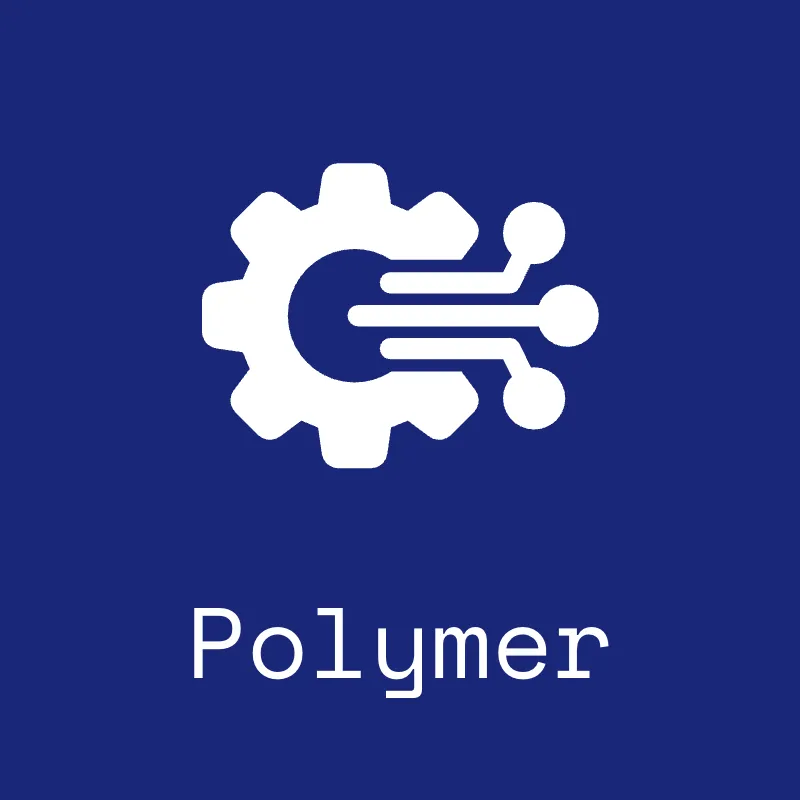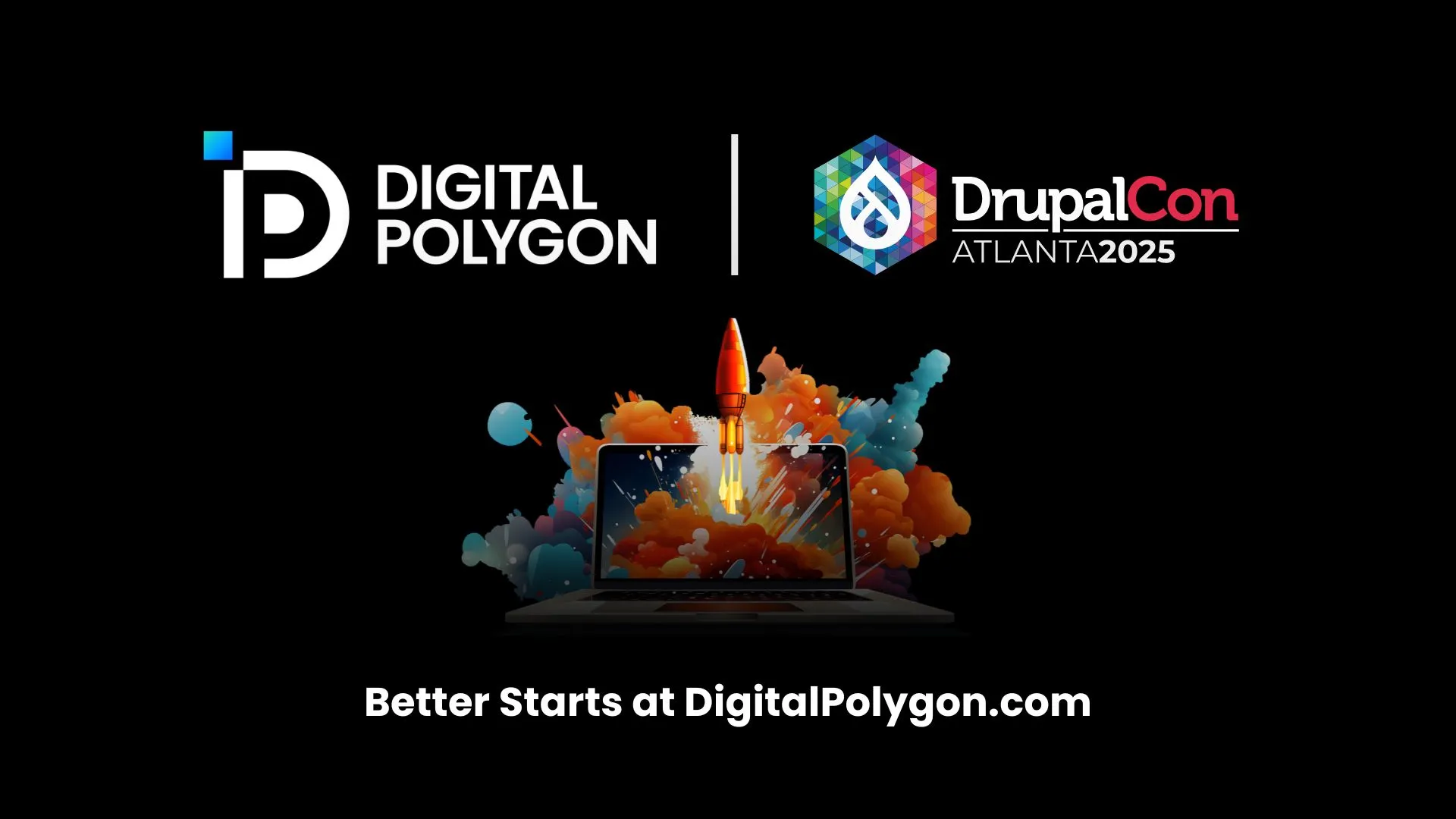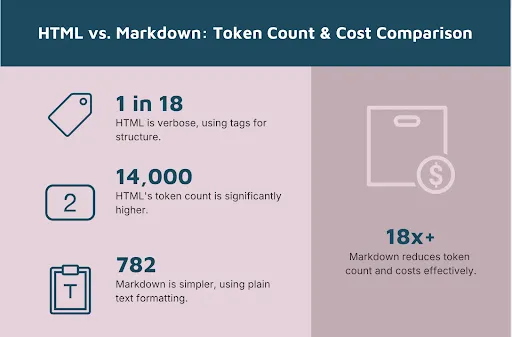Digital Polygon’s CEO John Doyle recently appeared on the Talking Drupal podcast to discuss the future of the internet and his thoughts on how Drupal is a force of major change and innovation in the world of web development. John sat down with Martin Anderson-Clutz, Andy Blum, John Picozzi and Nic Laflin as they explored how Drupal as an application can help marketers and businesses around the world develop composable content.
Among the topics explored in this conversation was how each of these Drupal experts work to structure content composably and best practices for doing so. John thinks about composable websites in four layers – the infrastructure stack including things like microservices and interactions, the content management system (CMS) layer involving new features, modules, etc., the content layer which means thinking about your content as composable, and of course the display layer that brings it all together.
“As soon as you build the architecture of your site, it can lock you in or it can give you flexibility,” John explains. He discusses how he’s worked on Drupal sites with custom HTML coding and how that doesn’t really provide a structured content model. On the opposite end of the spectrum is extremely structured content and fields for every piece of content that appears on the website, which in turn means a highly scalable infrastructure for the website. John discusses how the benefit of leveraging Drupal is that it can service all of these various combinations – which also speaks to the highly customizable and highly scalable possibilities of working with an open source CMS for composability.
In this conversation, the Talking Drupal podcast team also explores the benefits of centralizing content in Drupal’s CMS. There are multiple ways you can manage centralized content through an omnichannel approach, and the group discusses the various structures of omnichannel systems, headless architecture, and coupled architecture with an API approach.
John says organizations are still using various systems, but those using Drupal are still largely migrating toward a headless CMS approach structured through an API. This is likely due to the fact that they have the ability to manage their content in a centralized place. Additionally, John says that most businesses are stuck in a mindset of “I have my CMS and my content already set up and those are my limits,” but the goal should be getting businesses to break out of that mindset. The way out of it is to educate and train customers that there’s a way to upgrade their websites incrementally that also provides value to the businesses, and centralized data models and API thinking can help mitigate some of the pain points and mental roadblocks that many businesses face in updating their monolithic websites.
Watch the full recording of the podcast and hear John in his own words below.


